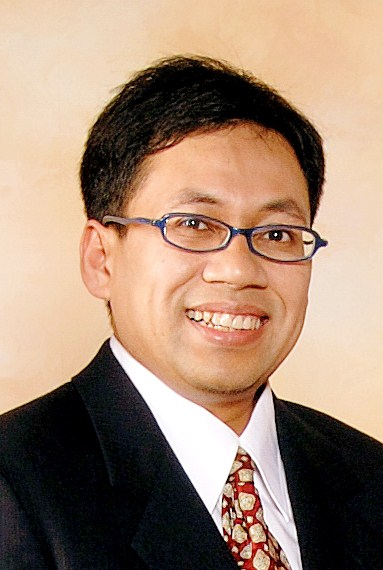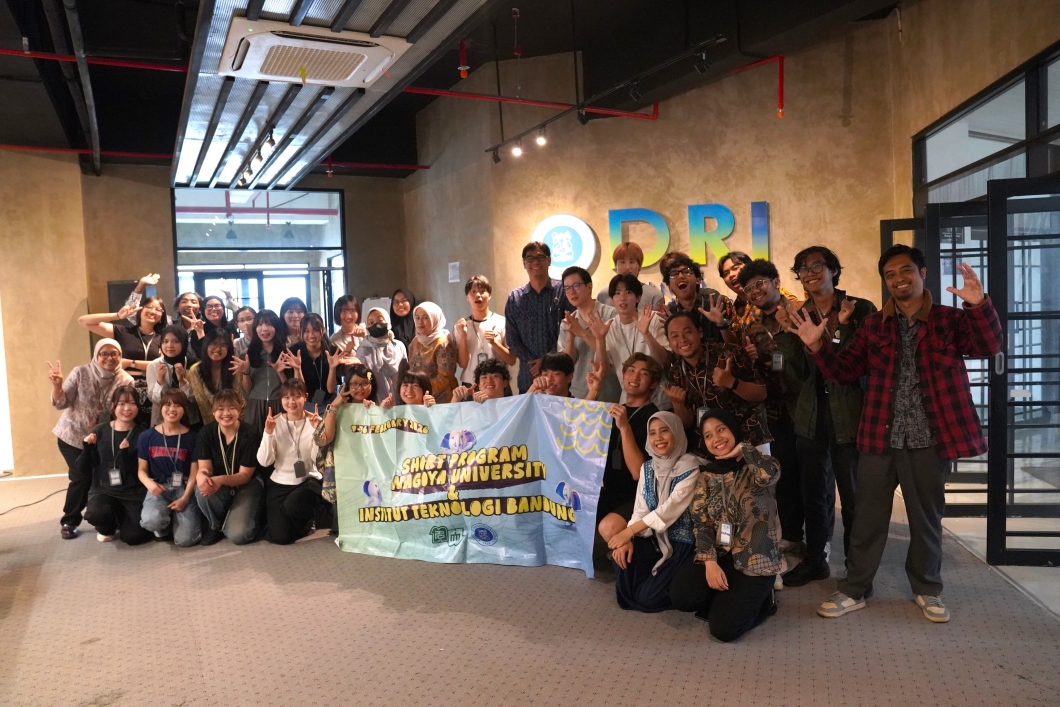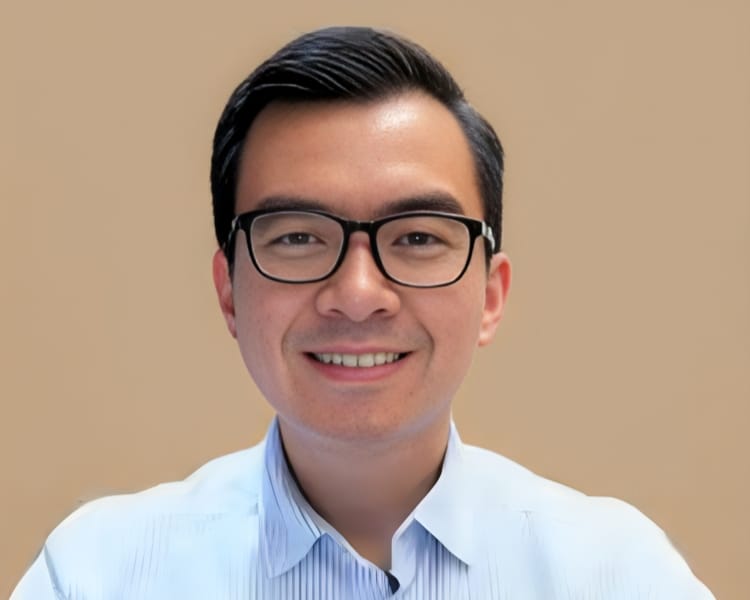Develop Materials Technology, Ferry Iskandar Wins Various Awards
By Neli Syahida
Editor Neli Syahida

 Indonesia is one of the major mining countries in the world. Unfortunately, Indonesia doesn't have the sufficient technology to process mineral ores into half-processed metals. In 2013, Indonesia was world's 2nd most nickel producer, although the rank dropped to 3rd position in 2014. But, most of these nickel are exported in its ore (raw) form. For example, if Indonesia has the technology to process nickel into capasitor, state revenues can increase significantly. This condition pushes Dr. Eng. Ferry Iskandar to pursue Physics for Electronic Materials. "Material technology is one of the basic technology to develop its derivative technology," Ferry Said.
Indonesia is one of the major mining countries in the world. Unfortunately, Indonesia doesn't have the sufficient technology to process mineral ores into half-processed metals. In 2013, Indonesia was world's 2nd most nickel producer, although the rank dropped to 3rd position in 2014. But, most of these nickel are exported in its ore (raw) form. For example, if Indonesia has the technology to process nickel into capasitor, state revenues can increase significantly. This condition pushes Dr. Eng. Ferry Iskandar to pursue Physics for Electronic Materials. "Material technology is one of the basic technology to develop its derivative technology," Ferry Said.
Ferry has achieved his bachelor and master degree in Kanazawa University. He continued his study in Hiroshima University to achieve his doctoral degree. Ferry has gained plenty of professional experience in this field—he had been an assistant professor in Hiroshima University and worked in several Japanese companies. He said that when he was working for the Japanese companies, some of his ideas and works has been patented and used by the company. At some point, he decided to go home to Indonesia. One of his motives was morality reason. "If I continued to stay in Japan, it will make Japanese students get smarter. It’s better to go home to Indonesia and develop our own human resources," Ferry explained.
Ferry's hobby in researching leads him into achieving many awards
Ferry Iskandar's devotion in developing material technology rewarded him several awards, among of them are Habibie Award and AKIL (Anugerah Kekayaan Intelektual Luar Biasa) / (Extraordinary Intellectual Property Award). In addition, in 2012, Tempo magazine nominated him as one of 10 of the national inventors. His research that has been brought to public is Boron Carbon Oxynitride fluorescent powder. In March 2015, he also received an award from ITB in the Research field at ITB's 56th anniversary.
Specifically, Ferry has interested in material technologies that focuses in energy production, storage, and efficient usage of energy. He is currently developing nanocatalyst for Enhanced Oil Recovery (EOR). In these last few years, Indonesia's oil production is decreasing because the only remaining oil inside the EarthÂ’s crust are the ones that has high viscosity, making it more difficult to be extracted. To reduce the viscosity, it requires a process called aquat thermolysis reaction. It is a reaction between water and oil, and it takes one week for the reaction to occur. If catalyst is used, the reaction can be accelerated to only a few days, even in one day. The catalyst used comes from Hafnium oxide with Nickel oxide. At present, nanocatalyst has been applied in laboratory scale. Furthermore, nanocatalyst is expected to be developed in industrial scale.
It is inevitable that passion is often the source of motivation behind a success. Ferry also acknowledged that. "IÂ’m researching because IÂ’m happy doing it," Ferry said. He also likes to challenge himself in order to be equal with developed countries in terms of research. "ThereÂ’s a challenge of its own when developed countries could, and why Indonesia couldnÂ’t," Ferry adds. He explained furthermore that in terms of idea, Indonesia should not be inferior to other countries,". "Now itÂ’s my job to teach students to be able to give birth to these ideas. If weÂ’ve lost the ability to create new ideas, whatever happens, happens," Ferry adds.
Ferry hopes that Indonesian material technology will soon rise and develop. One of the efforts he made is by promoting the importance of this technology through seminars. There is an important lesson he wants to share. "Efforts and hard works will never let us down, although it is all done one small step at a time. LetÂ’s believe that these efforts will not betray us," he stated, closing the interview.




.jpg)
.jpg)


